Myanmar Currency – Money Suggestions for Travelers in Myanmar

Myanmar is the charming destination thanks to the diversity in culture, friendly people and untouched nature. One of the important things before making a trip is to know about the currency used in the country. Myanmar Travel would like to share some information so that you can have some idea for your Myanmar trip.
Table of Contents
Local currency
Kyat is the official currency unit of Myanmar. It is pronounced as “ch-yat”. The ISO code is MMK. It is often abbreviated as “K” (singular) or “Ks” (plural). Myanmar currency notes and coins circulating in Myanmar. Kyat is divided into the banknotes: 50 pyas (cent equivalent), K1, K5, K10, K20, K50, K100, K200, K500, K1000 K5000 & K10,000. However, the banknotes from 50 pyas to K20 are now rarely seen because of their low value. The Note of K1,000 is the most popular.
Foreign currency in Myanmar
US Dollars are also very commonly used in Myanmar, especially for tourist items such as hotels, buses and activities. The exchange rate is about US$ 01 ~ MMK 1340.
Before the Myanmar trip, it is very important that you check the money conditions: the notes have to be as perfect as possible, otherwise, they are unusable in Myanmar.
– The notes must be new. Folded, torn, marked notes are rejected.
– The notes, whose series are before 2003 backward, are not accepted.
– Each tourist is allowed the bring US$ 5000/person when entering Myanmar.
Big notes ($50 or $100) are preferable and get slightly higher rates than smaller bills
Along with USD, it is easy to exchange Euros and Singapore dollars at the Yangon or Mandalay airport and banks. Some shops also accept Thai Baht, though they might take a bit more effort to find.
Note: Traveler’s cheque is not accepted in Myanmar.
Exchange money in Myanmar
Previously, travelers preferred to change money on the black market in order to get a reasonable exchange rate. This is no longer the case. At the moment, the best places to exchange are at the major airports, banks and official money exchanges. You should avoid money changers on the street as they are likely to scam you.
Banks are now found throughout the country, and even smaller towns. Note that most banks are closed on weekends and holidays, especially during Thingyan (the water festival every April) when they are closed about 2 weeks.
In Yangon, you can also head to the popular and central Bogyoke Aung San Market (Scott Market) if you want to change money at the weekend. There you can find numerous money-changing shops (these tend to close around 3.30 to 4pm).
Read more: Local Markets in Yangon
You can also exchange money at your guesthouse or local jewelry shops, though the rate is slightly lower than what you would get at the bank.
When you leave the country, you can exchange your kyat at the airport or banks before you take off. Find updated data, charts and expert forecasts on Myanmar Exchange Rate at xe.com
ATMs in Myanmar
ATMs are found throughout the country, especially in the major cities and main tourist spots. By 2020, there are over thousands of machines in Myanmar and it’s much convenient to get cash during your trip nowadays. However, not all the transactions can go through smoothly. It depends on your bank connection.
The cash is withdrawn in Kyat. The fee is kyat 5000/transaction. You also need to pay for exchange rate fee and any other fees your bank may charge. The maximum withdrawal limit is kyat 300,000/ transaction (up to 3 times daily). But this may differ from bank to bank
KBZ Bank and CB Bank are the biggest local banks. They have large network of ATMs throughout the country that accept Visa, Mastercard, Union Pay and JCB. In Yangon, you can find their ATMs at Yangon airport, all major shopping centres and markets, as well as many smaller branches dotted around town. They have branches and ATMs in all major cities, airports and tourist spots as well. Others include AGD Bank, AYA Bank and United Amara Bank. There are no international banks in Myanmar at the moment.
Credit Cards in Myanmar
Although cash is the most effective way; you now can use some international card payments in Myanmar. Currently, banks in Myanmar have made partnerships with Visa, Master Card and Union Pay.
A growing number of businesses (mostly high-end and luxury hotels, restaurants, big stores…) have recently accepted international cards. The convenience fee is around 3% – 8% added on the top of the bills.
Before the trip, you should inform your bank that you will be traveling to Myanmar. So, your cards may avoid being locked. Besides, some specific banking systems still remain the old US embargo, so they may reject card payments in the country.
Read more: Myanmar travel map
Some advices for travelers.
– Although the situation is getting easier every day in the country, you had better bring some pristine USD to use until you find an ATM. Or just keep it for emergency cases such as credit cards do not work or being loss.
– If you plan to travel to some remote areas, please exchange to Kyat or get it at ATMs in major destinations beforehand. It is more difficult to change money in small towns or you will probably get a worse rate. ATMs are also more difficult to find in these areas.
– You should pay US dollar for larger purchases or for hotels, high-end restaurants and flights. So, you can save little bit for exchange rate fee. The hotels and restaurants will exchange the paid amount basing on banks’ rate. Smaller purchases, such as taxi rides, buses are almost always paid for in kyat.
– You should avoid money changers on the street as they are likely to scam you.
– Myanmar is Buddhist country, so the crime is not so popular. But just be careful with your pocket and do not reply on one source of fund.

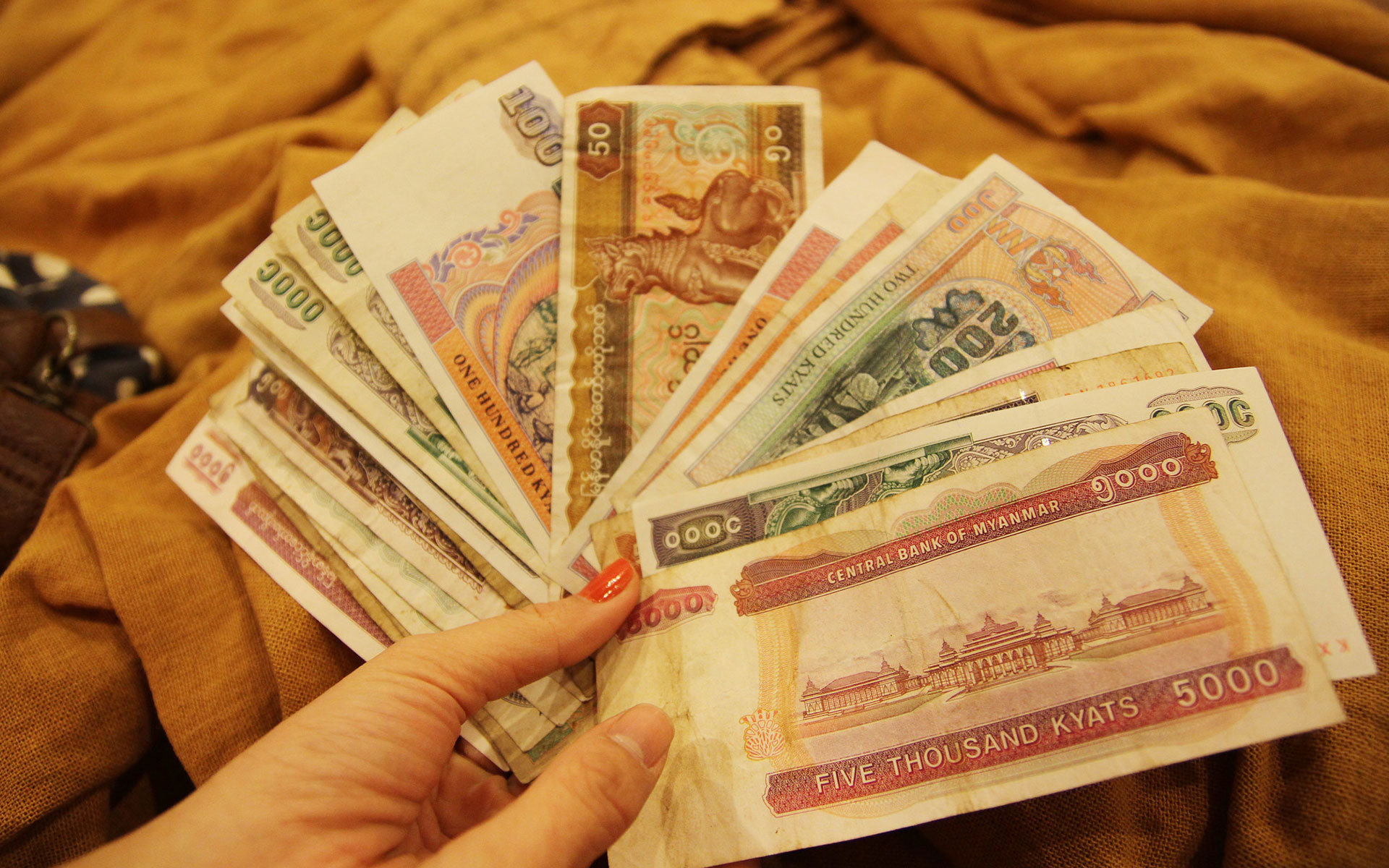



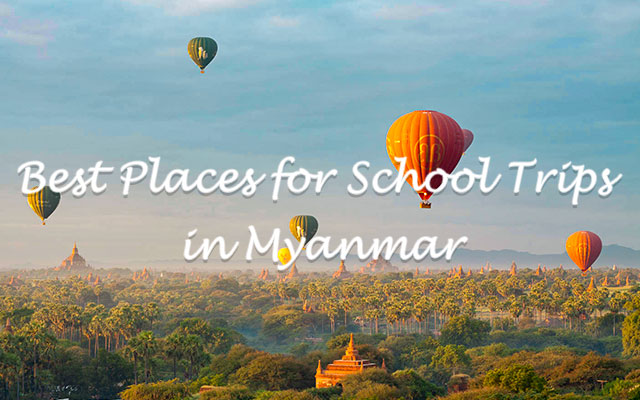



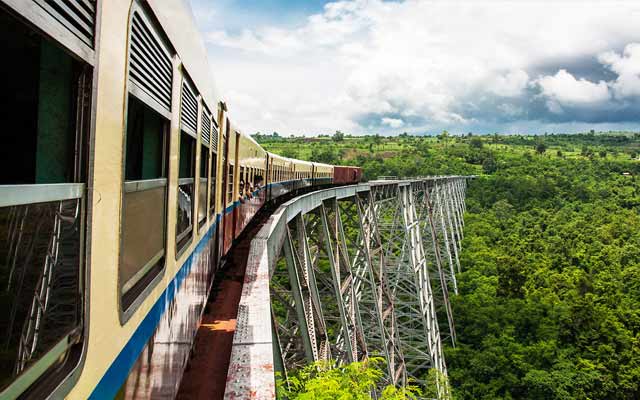

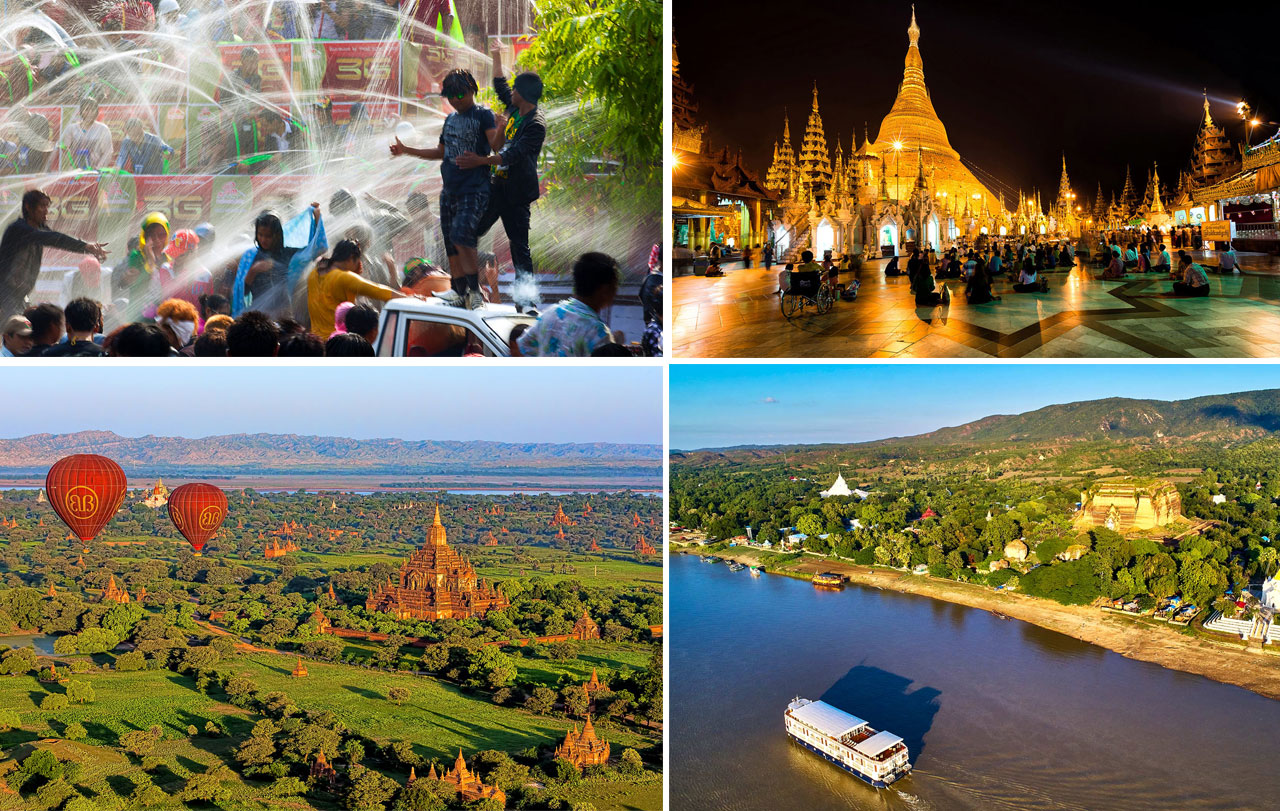
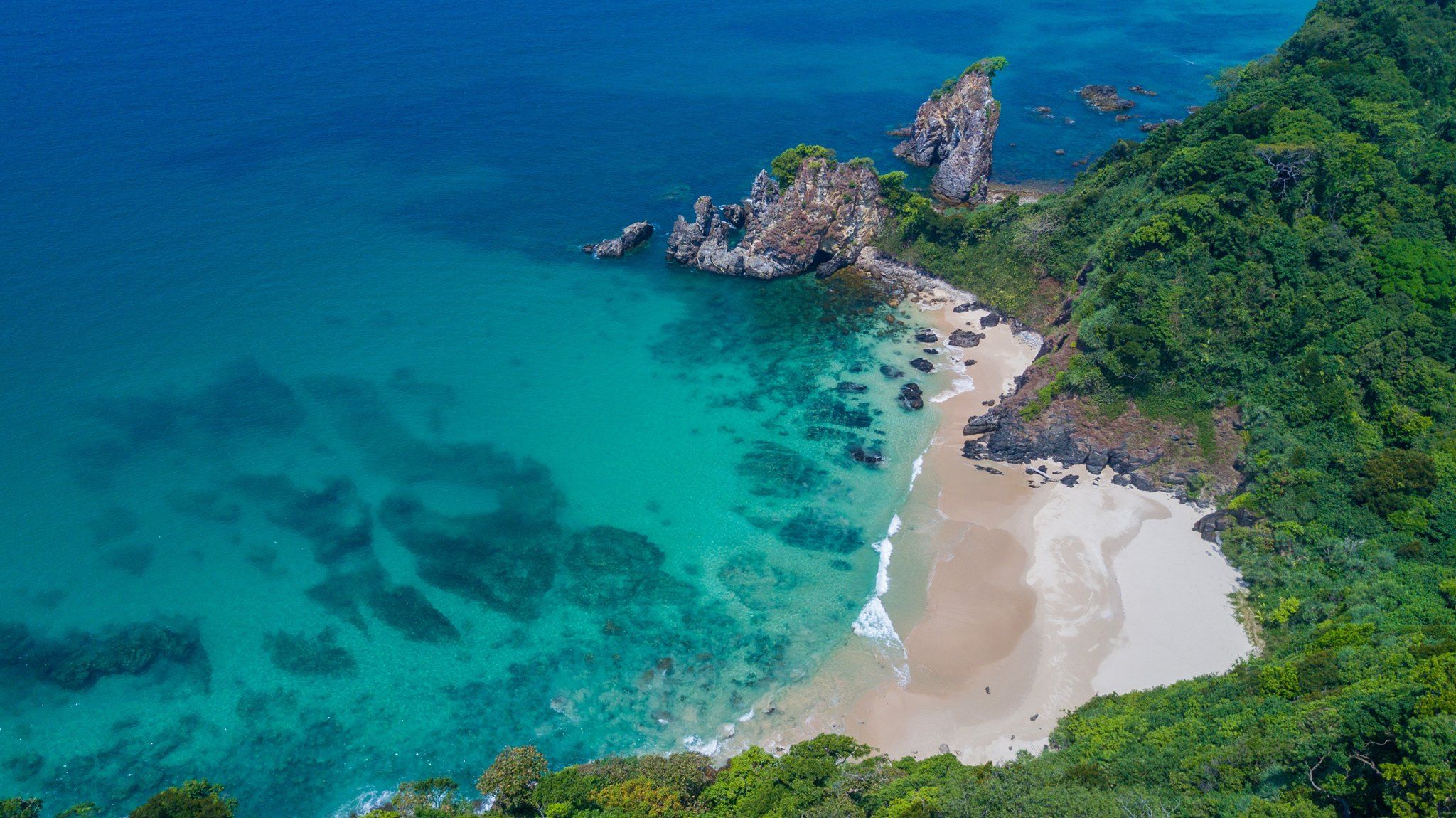
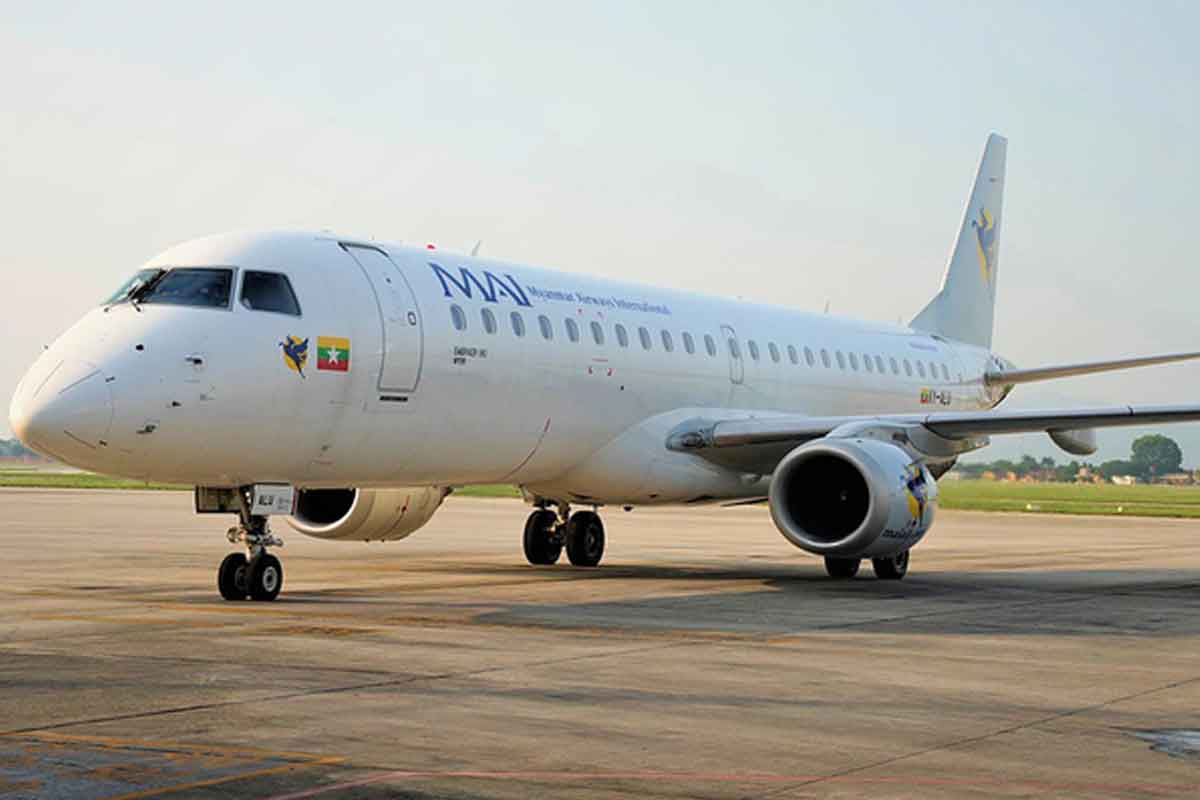
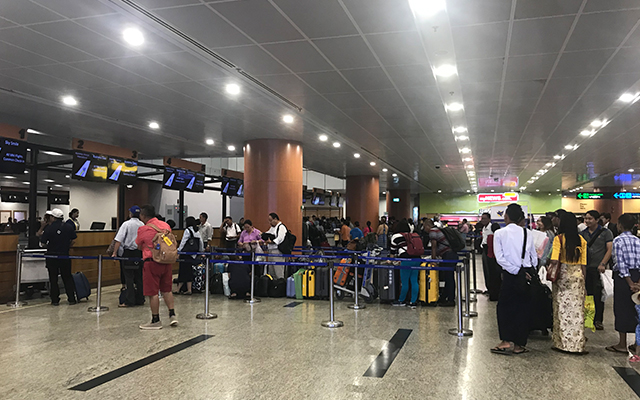
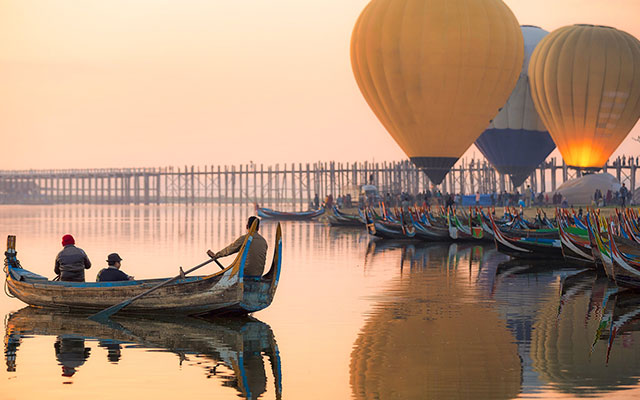
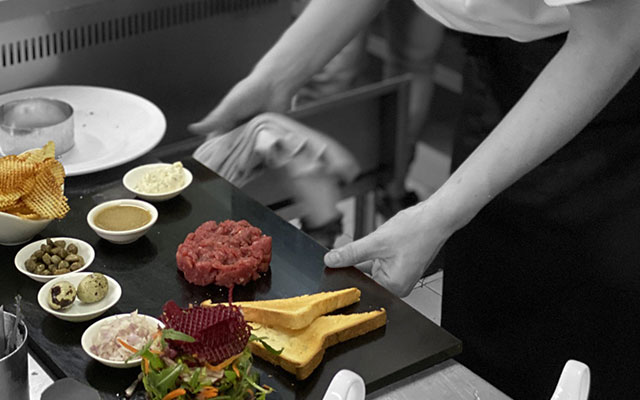
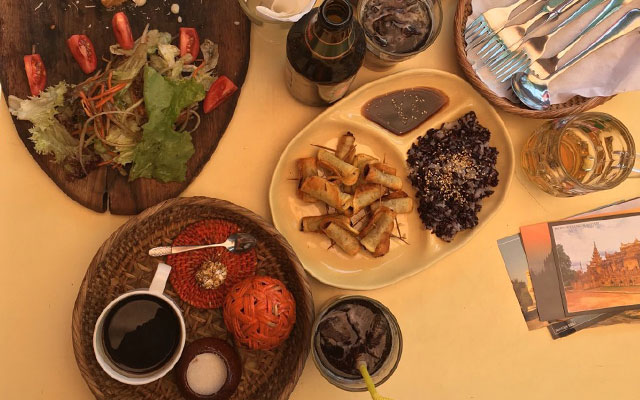

are international Cirrus and Plus Interac bank cards accepted?